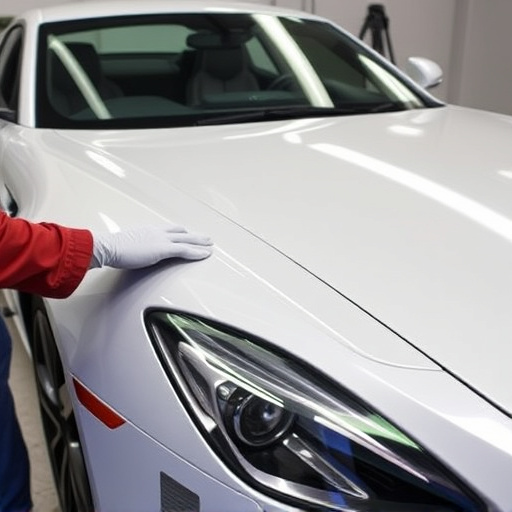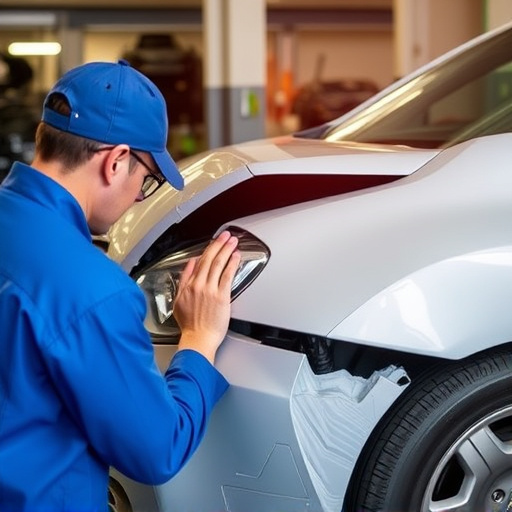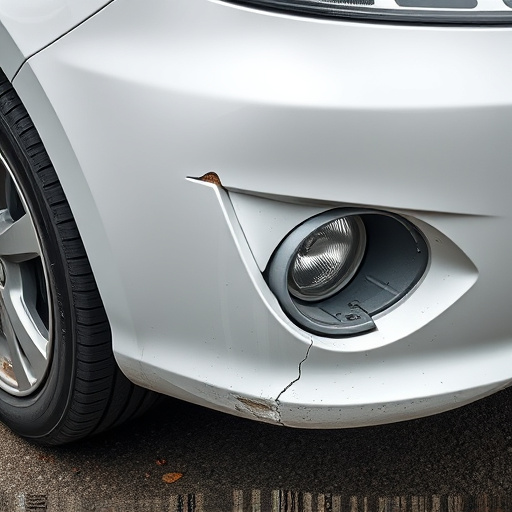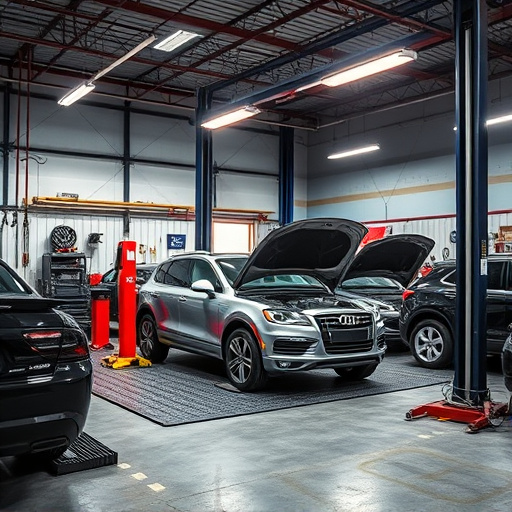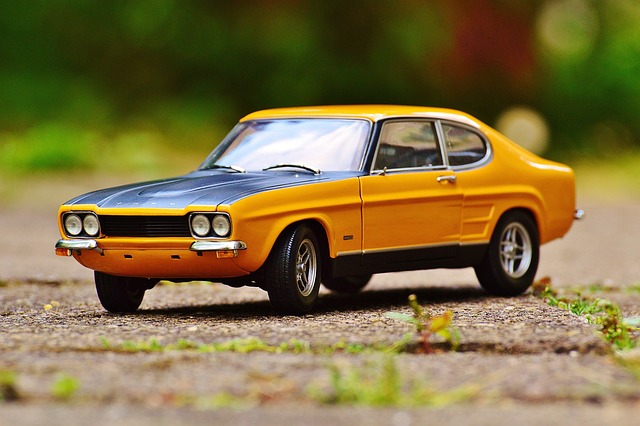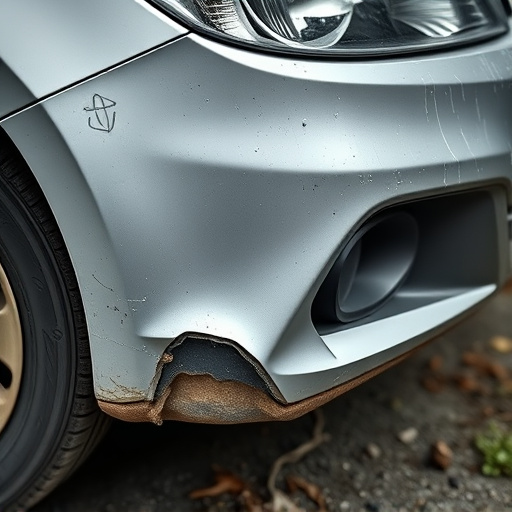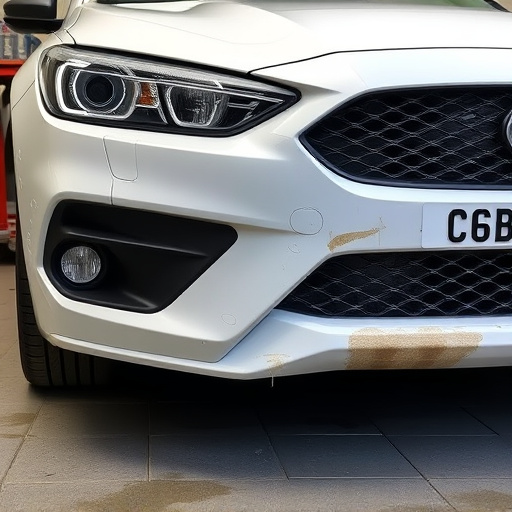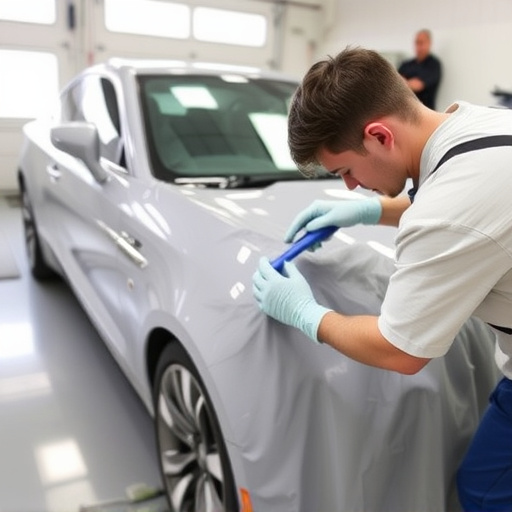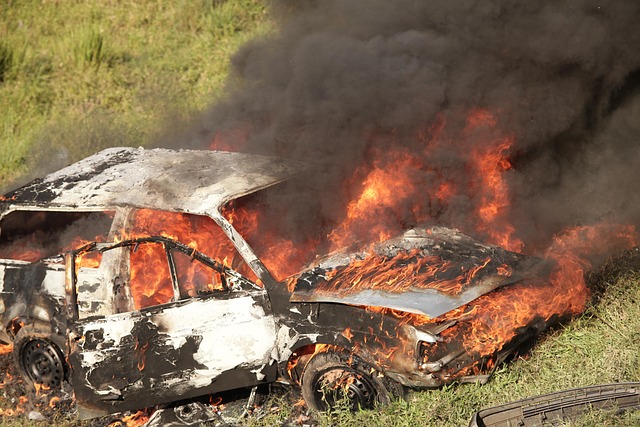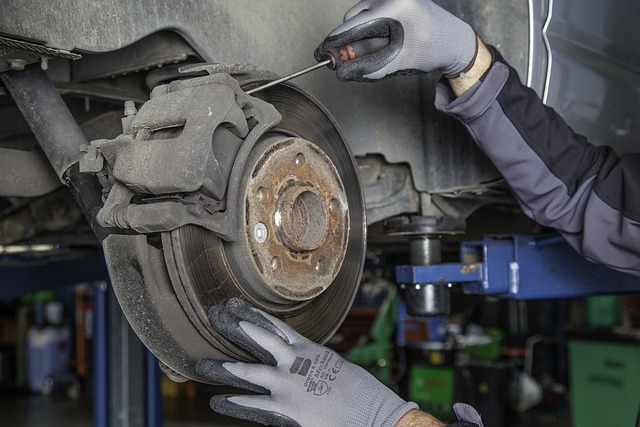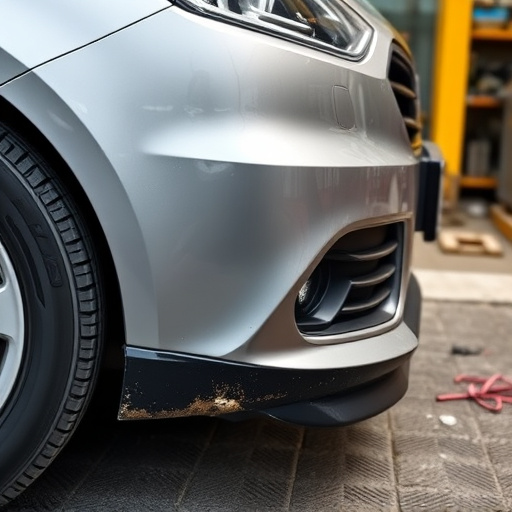Towing to collision centers is key for efficient post-accident vehicle repairs. Conduct a thorough inspection before towing, securing loose items and checking tire pressure and fuel levels. At the collision center, meet with a mechanic for damage assessment and detailed repair estimates. Compare quotes and reviews for transparent, peace-of-mind repairs.
When your vehicle suffers damage, especially in a collision, efficient towing to a collision center is crucial. This guide provides an insightful look into the process and offers practical tips for drivers. Understanding how to prepare your vehicle for towing and navigating post-towing procedures at the center ensures a smoother experience. From recognizing signs that warrant immediate towing to knowing what to expect during your visit, these insights empower drivers with knowledge, enhancing their overall safety and convenience.
- Understanding Towing to Collision Centers
- Preparing Your Vehicle for Towing
- Navigating Post-Towing Procedures at the Center
Understanding Towing to Collision Centers
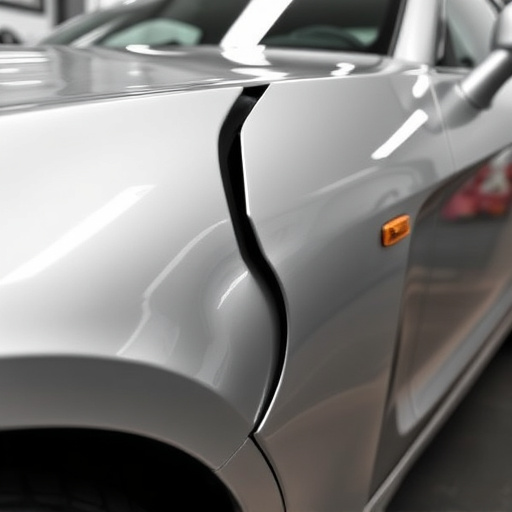
When a vehicle experiences damage that requires professional attention, towing to a collision center is often the first step. This process involves transporting your damaged vehicle from the scene of the accident or your current location to a specialized facility equipped to handle auto repairs. Collision centers, also known as body shops, offer a range of services including car body restoration and auto body services to get your vehicle back on the road safely.
Understanding the relationship between towing and collision centers is crucial for drivers. Efficient towing ensures that your vehicle arrives at the collision center in a timely manner, preserving evidence and facilitating quicker repairs. Proper handling during transit can prevent further damage, ensuring that the auto body services provided are as effective as possible. This seamless transition from accident site to collision center is designed to streamline the process of getting your car back in working order through top-notch body shop services.
Preparing Your Vehicle for Towing

Before your vehicle is towed to a collision center, there are some important steps to take to ensure everything goes smoothly and your car is prepared for the necessary repairs. Start by inspecting your vehicle thoroughly; check for any loose items in the trunk or cabin that could shift during transport, causing further damage. Secure all loose items using tie-down straps or other appropriate securing hardware.
Additionally, verify that your tires are properly inflated and in good condition, as a flat tire can delay the towing process and cause additional stress. Ensure your fuel tank is at least half full to prevent any potential issues related to fuel line damage during transit. Lastly, consider making notes or taking photos of pre-existing dents, scratches, or other minor damages for insurance purposes, as this will help in the assessment of your vehicle’s condition upon arrival at the collision center, facilitating a faster and more accurate auto glass replacement or collision damage repair process if needed.
Navigating Post-Towing Procedures at the Center

After your vehicle is towed to a collision center, the real work begins. The first step post-towing is understanding the procedures that lie ahead. This involves meeting with an expert mechanic who will assess the damage and provide a detailed estimate for repairs. It’s crucial to ask questions about every aspect of this process, from diagnostic testing to parts replacement and painting services.
Next, you’ll likely be introduced to various options available at the collision center, including tire services and car repair packages tailored to your budget and needs. Since finding a reliable auto repair shop nearby is essential for peace of mind, consider comparing quotes from different centers and checking online reviews. This proactive approach ensures you’re making informed decisions throughout the towing to collision center journey, ultimately facilitating a smoother and more transparent experience.
When facing a collision, understanding the process of towing to a collision center is crucial. By preparing your vehicle and navigating post-towing procedures, you can ensure a smoother experience. Remember, quick action and knowledge of these steps can significantly impact your overall repair process, making it less stressful for both you and your vehicle.
